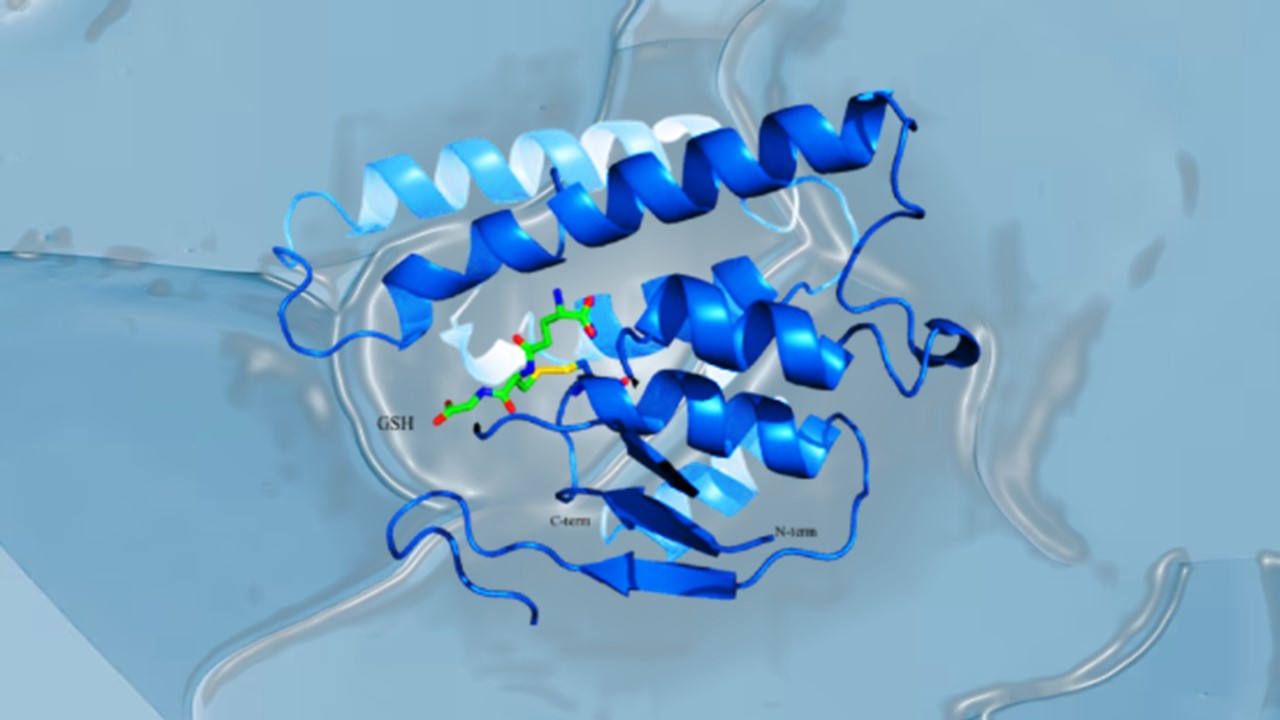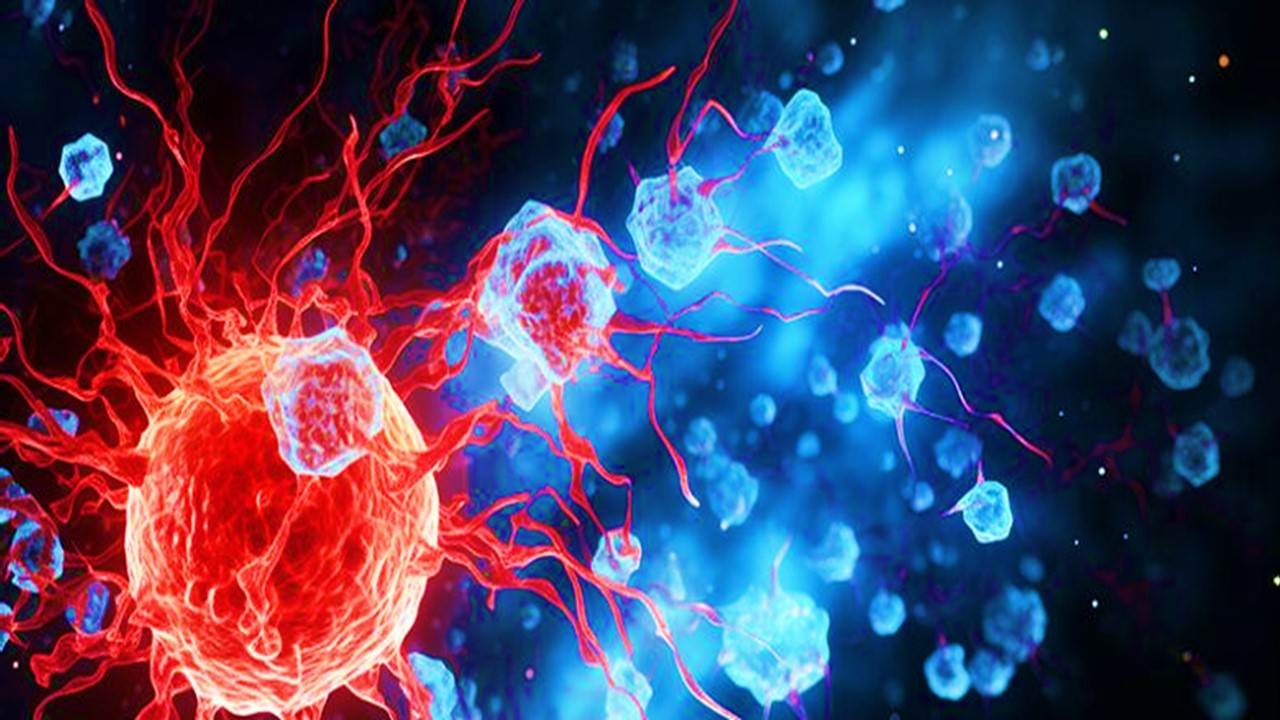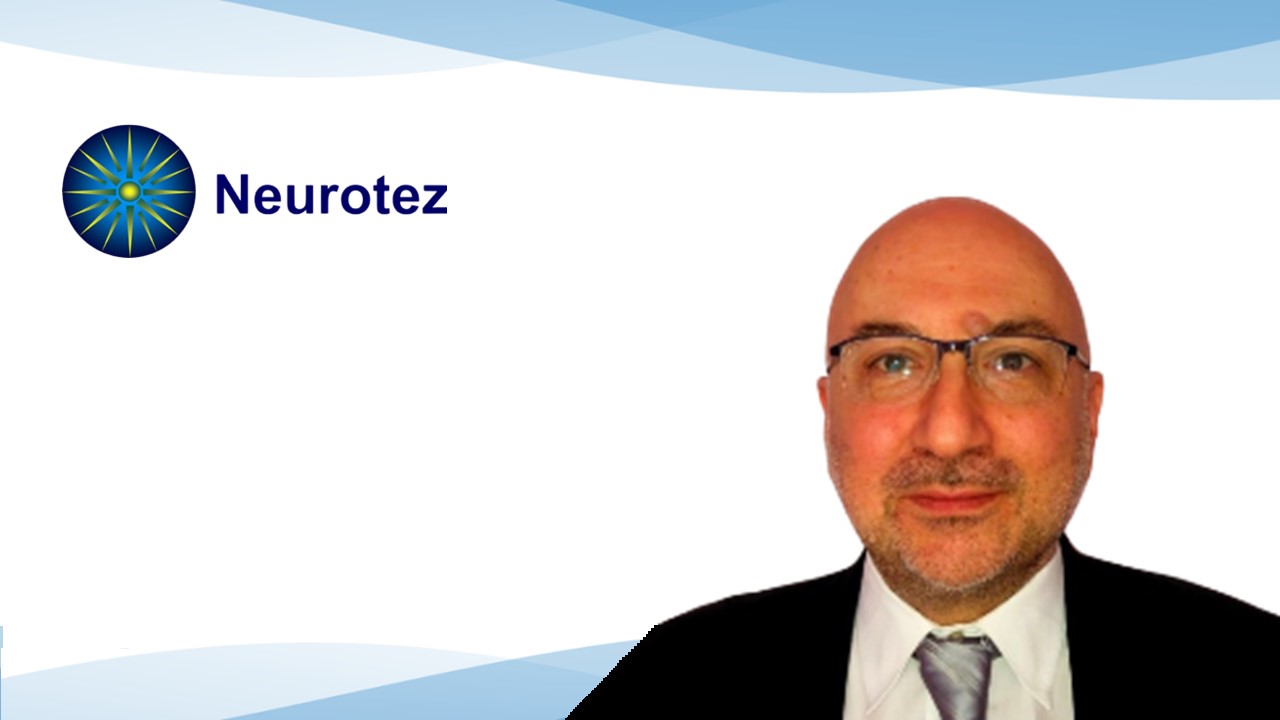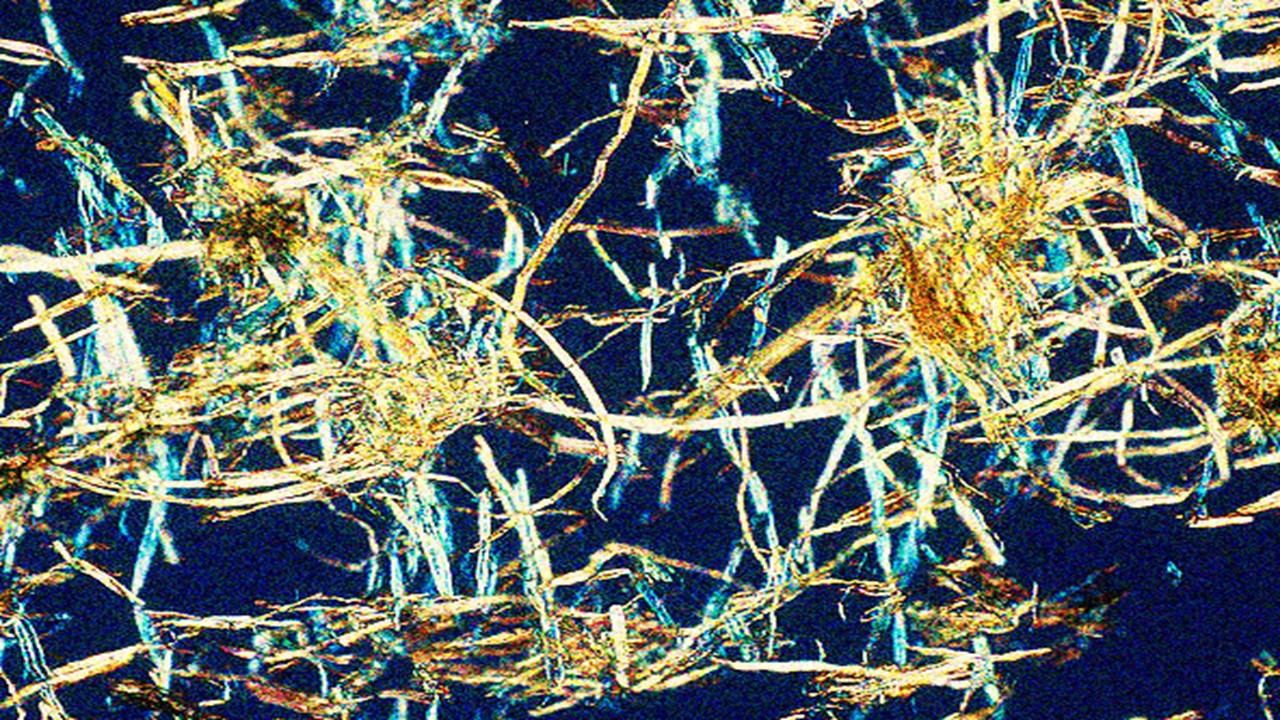In hopes of improving preclinical research and expedite the launch of novel cancer treatments, Xilis, Inc. and the University of Texas MD Anderson Cancer Center have formed a strategic partnership. This collaboration will make use of Xilis’ exclusive MicroOrganoSphereTM (MOSTM) technology.
The MOSTM platform, which facilitates translational research on patient-derived micro tumors having advanced functionality and at a scale not conceivable with conventional in vivo set ups, will be used by the two organizations to improve drug development and discovery programs. If this platform is successful, it might present chances for outside partnerships to direct the creation of novel pharmaceuticals and biological products.
Improved Oncological Research Potential
In contrast to conventional xenograft and organoid models, the MOSTM platform has the potential to offer new capabilities and increase the efficiency of generating novel therapeutics and cell therapies, which might speed up patient access to new medications, claims Xiling Shen, CEO and co-founder of Xilis. The goal of the partnership between MD Anderson and Xilis is to identify and create the next generation of cancer therapies. The companies are also open to additional discussions with pharmaceutical companies regarding potential options for tripartite drug development.
Study Lead Scientists
The MOSTM platform at MD Anderson will be managed jointly by the Xilis and MD Anderson teams and will be led by MD Anderson scientists, including Scott Kopetz, M.D., Ph.D., professor of Gastrointestinal Medical Oncology, and Katy Rezvani, M.D., Ph.D., professor of Stem Cell Transplantation & Cellular Therapy. Timothy Heffernan, who is amongst these lead researchers, is the vice president of Oncology Research for MD Anderson’s platform Translational Research to AdvanCe Therapeutics and Innovation in ONcology (TRACTION).
Impact on Developing Disease Models
After 14 days of acquiring collected tumor cell samples, the MOSTM technology offers the first trustworthy platform for evaluating how a patient’s tumor behaves to a variety of cancer medication approaches whilst still protecting the local tumor microenvironment. This one is crucial for assessing the whole range of clinical outcomes in the bedside, particularly in immuno-oncology.
Additionally, the platform expedites the creation of disease models, opening up new possibilities for supporting efforts in discovery research, translational medicine, and therapeutic development. The project seeks to investigate how the MOSTM platform might develop new patient-derived frameworks for atypical malignancies that are overlooked and diseases that are refractory to therapy.
TRACTION’s Centrality in MD Anderson Drug Discovery
A key element of MD Anderson’s Therapeutics Discovery division, the TRACTION platform expedites the generation of novel oncology therapies and determines the best course of action for each patient. Rezvani is the director of MD Anderson’s natural killer (NK) cell therapy program, which is developing new cancer treatments using NK cells produced from biosynthetic cord blood.
Hope for Clinically Successful Outcomes
According to Dr. Katy Rezvani, deploying the MOS platform in collaboration with the Xilis team could enable rapid screening and increase the chances of clinical success in MD Anderson’s NK cell therapy program.
About MD Anderson Cancer Center
One of the most renowned institutions in the world committed only to the treatment, research, education, and prevention of cancer patients is the University of Texas MD Anderson Cancer Center. Via the MD Anderson Cancer Network®, MD Anderson collaborates with community hospitals and health systems across the country to deliver cancer care at a number of convenient sites in the Greater Houston Area.
According to the “Best Hospitals” survey performed by U.S. News & World Report, MD Anderson is the best cancer hospital in the country. Since the survey’s inception in 1990, MD Anderson has consistently been recognized as one of the top two cancer hospitals. The award honors the dedication of the organization’s 21,000 amazing staff members and 1,000 volunteers to delivering top-notch care to patients and their families and achieving the organization’s ultimate goal of eradicating cancer.
About Xilis, Inc.
A cutting-edge biotechnology company named Xilis, Inc. is creating the MicroOrganoSphere™ (MOS™) technology to speed up oncology drug development and precision medicine therapy for cancer victims.
Subscribe
to get our
LATEST NEWS
Related Posts

Immunology & Oncology
The Silent Guardian: How GAS1 Shapes the Landscape of Metastatic Melanoma
GAS1’s discovery represents a beacon of hope in the fight against metastatic disease.

Immunology & Oncology
Resistance Mechanisms Unveiled: The Role of Glutathione S-Transferase in Cancer Therapy Failures
Understanding this dual role of GSTs as both protectors and accomplices to malignancies is central to tackling drug resistance.
Read More Articles
Coprocessed for Compression: Reengineering Metformin Hydrochloride with Hydroxypropyl Cellulose via Coprecipitation for Direct Compression Enhancement
In manufacturing, minimizing granulation lines, drying tunnels, and multiple milling stages reduces equipment costs, process footprint, and energy consumption.
Aerogel Pharmaceutics Reimagined: How Chitosan-Based Aerogels and Hybrid Computational Models Are Reshaping Nasal Drug Delivery Systems
Simulating with precision and formulating with insight, the future of pharmacology becomes not just predictive but programmable, one cell at a time.













